I started my zucchini seeds in planters back in march, then moved them to 5 gallon buckets in April so that I could still bring them in for the cold evenings. It got me off to a roaring start- within a week of putting them in the ground on the first week of May I had blossoms covering my plants. I got to fry up a batch of breaded zucchini sliced by the second week of May. BUT, last week my little baby zucchinis were turning yellow and falling off the plants before they even hit 4 inches long. Here's what I learned and how, in 3 days, I reversed the fates of my dying plants.

How to Save Your Wilting Zucchini Plants
by JoellieGirl
If your zucchini aren't growing and the fruit is shriveling and turning yellow before it's big enough to eat, then read here about how to bring them back to life!
A Bee Shortage is Lowering Pollination Rates
In the last 10 years scientists have been noticing a fairly large decline in bee populations in North America. Several varieties of bumblebees haven gone extinct and domesticated bee keepers are struggling to keep their hive populations up with close to 30% of their numbers dying off every winter. What this means is that, while crop areas support bee populations, smaller gardens and more developed areas don't have enough bees to properly pollinate them.
Zucchini Plants Have Definite Signs of Insufficient Pollination
When I started asking my pro gardening friends about what was happening to my sad little plants I got a fairly consistent answer. "They aren't getting pollinated." The signs of this are:
- Zucchini Fruit yellowing.
- Zucchini fruit shriveling instead of staying smooth.
- Zucchini fruit falling off of the plant before it is fully matured.
If this is going on with your plant then you need to either learn how to hand pollinate zucchini plants or find a way to attract bees to your garden.
The zucchini plant has two different types of flowers. The male flowers only have the purpose of producing the pollen needed for the female flowers to grow the fruit. The base of the female flowers becomes the zucchini once it has been pollinated by the male flower.
To identify whether a flower is male or female is fairly simple- the male flower has only one stamen, while the female flower has a group of them that create a more complex center to the flower.
In the photo above, the male flower is on top and the female flower is below it.
How to Hand Pollinate Zucchini
Now that you know how to identify the male and female flowers you can very easily hand pollinate your plants to cause them to produce healthy fruit again. Follow these simple steps every day and within just 3-4 days you will notice a difference in the health level of the fruit growing on your plants.
- Identify and pick a male flower.
- Pull the petals off of the flower to fully expose the center stamen.
- Wipe the stamen of the male flower on the center groups of stamen in the female flowers.
Yep. It's that easy.
The trickist part to attracting bees to your garden is making sure that they have food sources through the entire season. They need both pollen and nectar, so you need a fairly wide variety of plants to keep them coming back, and you need something to be blooming at all times.
The easiest way to accomplish this is to create a 4x4 space of native wild flowers near your garden. If you don't have that much space then try large ceramic pots and try to keep the flowers grouped close together. Bees are attracted to local plants more than they are to exotic plants and hybrids, so go for the old fashioned wild flower mixes.
You can shop wildflower mixes by season, so I would recommend having two patches that you can rotate. Once your spring flowers have died off and your summer flowers are blooming you can plant an autumn mix where your spring mix was to start with. Other than the space, this is a very small time and money investment and will make your yard a haven for bees and other pollinators like butterflies.
 |  |  |
| Summer Squash Black Beauty Zucchini C... Only $1.85 | Jiffy 5227 Seed Starter Greenhouse 72... Only $11.49 | Miracle-Gro 0050844-323 Seed Starter ... |
You might also like
Gardening in the PandemicDespite all the deaths of people the garden goes on as a sign of hope and bet...
Late Winter in the GardenThe are joys of the first intimations of Spring, but they are marred by frust...
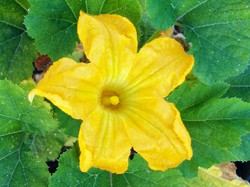

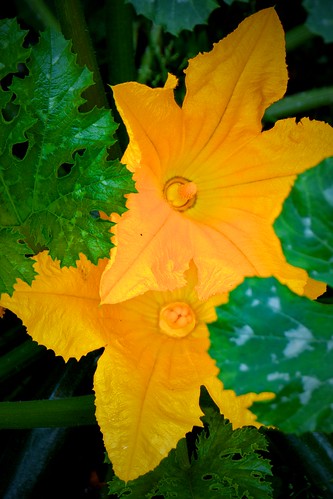
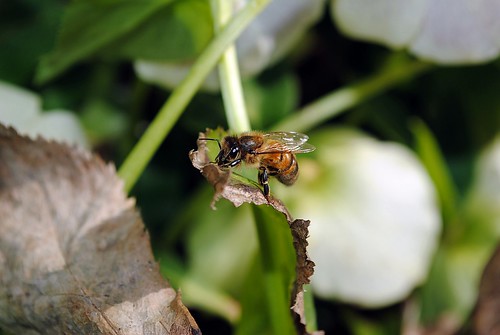

 Decorative Ideas For Candle Lanternson 07/07/2012
Decorative Ideas For Candle Lanternson 07/07/2012
 Camping With A Canoe - Keep the Weight Down and the Comfort Highon 07/23/2012
Camping With A Canoe - Keep the Weight Down and the Comfort Highon 07/23/2012
 Some Of My Favorite Cold Mealson 06/25/2012
Some Of My Favorite Cold Mealson 06/25/2012
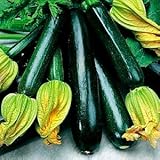
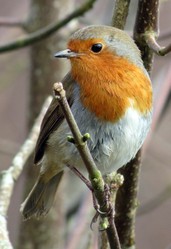
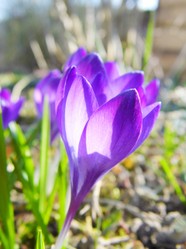
Comments